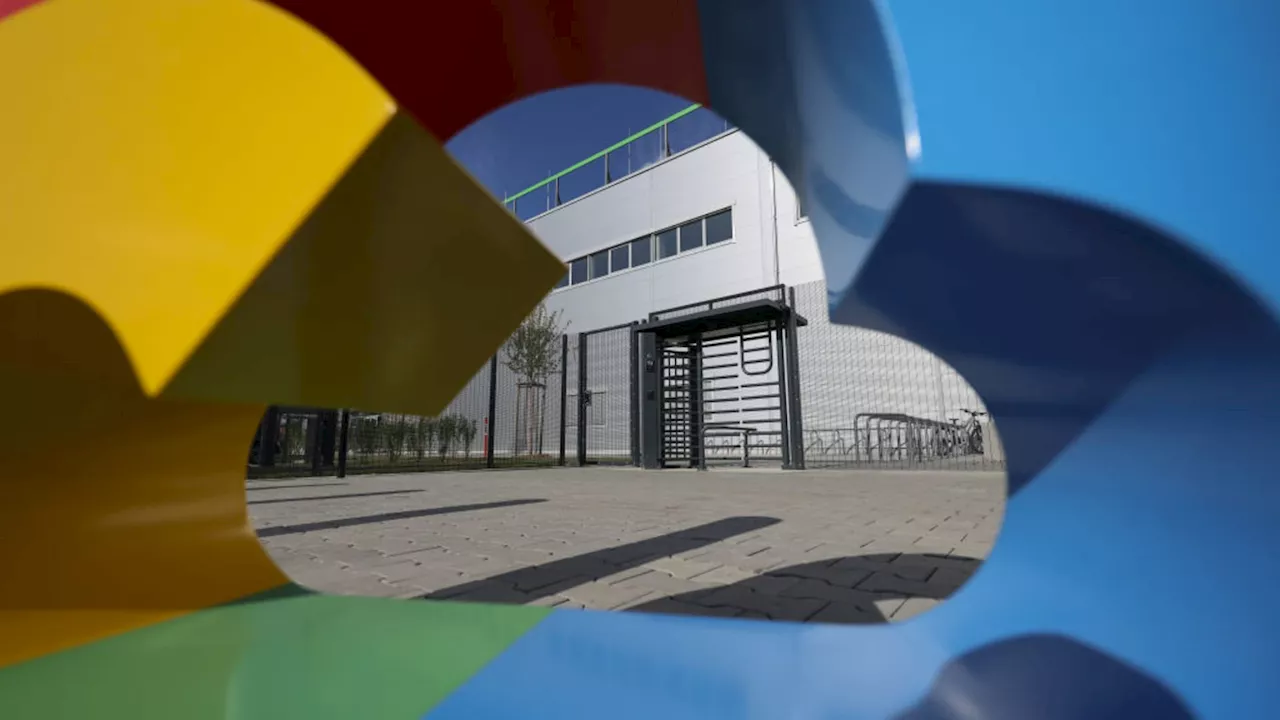Google is investing in nuclear power to address a growing power capacity crisis in the US, driven by the tech sector's rapid expansion of data centers to support artificial intelligence. Caroline Golin, Google's global head of energy market development, highlighted the urgency of the situation, stating that the US is in an 'AI race against China' and facing a 'power capacity crisis' simultaneously. Google's reliance on nuclear power stems from the realization that renewable energy sources, while crucial for sustainability, are insufficient to meet the immediate and future demands of its data centers. The company's initial foray into renewable energy was met with challenges related to grid instability caused by the intermittent nature of wind and solar power. Utilities, seeking to ensure grid reliability, were turning to natural gas as a backup, negating the environmental benefits of renewable energy.
The United States is grappling with a power capacity crisis as the tech sector heavily invests in data centers to support the burgeoning field of artificial intelligence, according to Caroline Golin, an energy executive at Alphabet's Google unit. Golin highlighted that Google shifted its focus towards nuclear power after recognizing that conventional utilities were primarily investing in natural gas to stabilize renewable energy sources.
Golin, Google's global head of energy market development, underscored the urgency of the situation, stating, 'We're in an AI race against China right now, and we are in a power capacity crisis in this country right now.' Google, four years ago, initiated a bold project to power its global operations entirely with carbon-free renewable energy. However, the company encountered a significant roadblock that necessitated a strategic pivot towards nuclear power. Golin explained that Google faced a 'very stark reality' where the existing energy infrastructure lacked the capacity to reliably power its data centers both in the short and long term. She revealed that the rapid expansion of wind and solar power, while commendable, was inadvertently causing grid instability. This instability prompted utilities to rely on natural gas, a fossil fuel, as a backup source, counteracting the very sustainability goals Google aimed to achieve. Golin emphasized, 'We learned the importance of developing clean firm technologies. We recognized that nuclear was going to be part of the portfolio.' Google has partnered with Kairos Power to develop and deploy small modular reactors. These advanced reactor designs are expected to streamline the nuclear power deployment process due to their smaller size and more efficient manufacturing approach. The first reactor is slated for deployment in 2030, with additional units planned through 2035. Golin stated that the project with Kairos is currently in an initial test-pilot phase, collaborating with undisclosed partners. The ultimate objective is to secure widespread support from key stakeholders, such as electric utilities, to establish a robust framework for deploying this technology on a larger scale. The growing power demands of the tech sector are increasingly viewed by the nuclear industry as a potential catalyst to revitalize existing nuclear plants and construct new ones.
Artificial Intelligence Nuclear Power Data Centers Renewable Energy Power Crisis Google China
United States Latest News, United States Headlines
Similar News:You can also read news stories similar to this one that we have collected from other news sources.
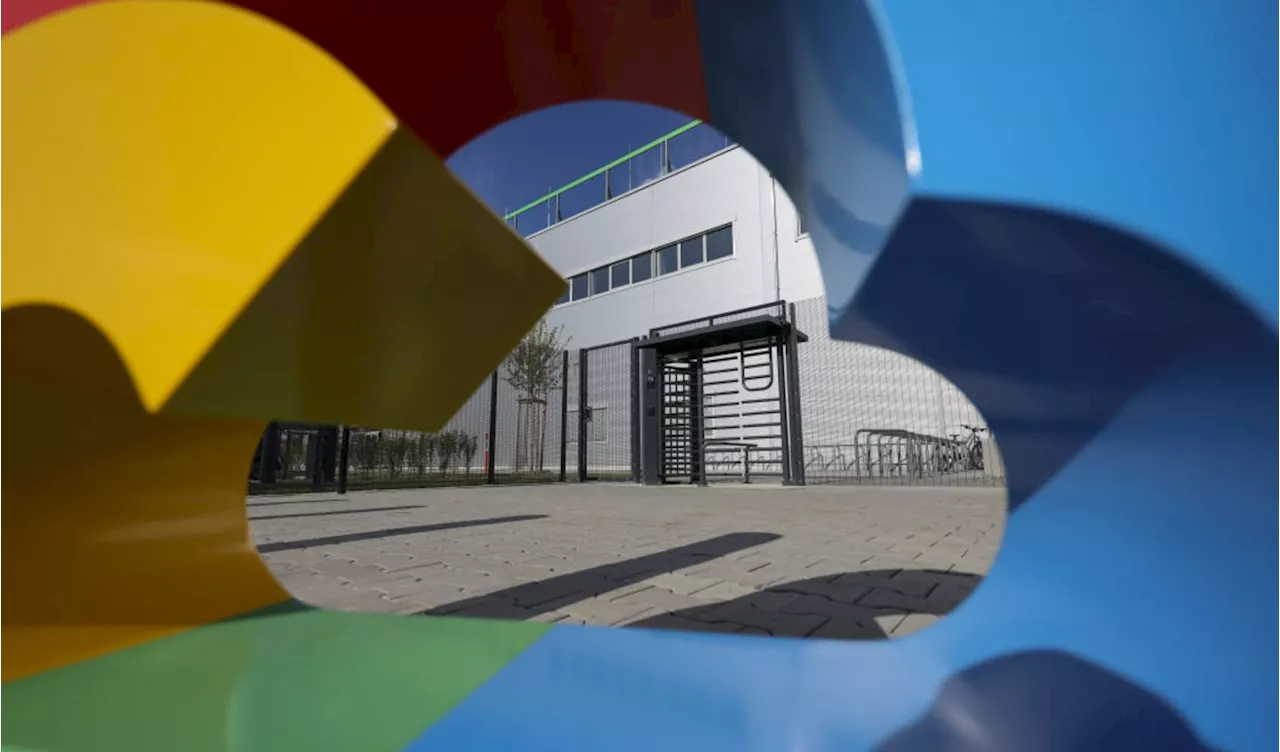 Google Turns to Nuclear Power Amid U.S. AI Race with ChinaGoogle, facing a power capacity crisis driven by the tech sector's insatiable appetite for data centers, is embracing nuclear power to keep pace with China in the global AI race. Caroline Golin, Google's global head of energy market development, explained that the company's initial goal of powering its operations entirely with renewable energy encountered a major hurdle: insufficient grid capacity to support its data centers. The rapid growth of wind and solar power, while positive, has led to grid instability, forcing utilities to rely on carbon-emitting natural gas as backup. This realization prompted Google to explore alternative solutions, ultimately leading to its agreement with Kairos Power to purchase power from small modular reactors.
Google Turns to Nuclear Power Amid U.S. AI Race with ChinaGoogle, facing a power capacity crisis driven by the tech sector's insatiable appetite for data centers, is embracing nuclear power to keep pace with China in the global AI race. Caroline Golin, Google's global head of energy market development, explained that the company's initial goal of powering its operations entirely with renewable energy encountered a major hurdle: insufficient grid capacity to support its data centers. The rapid growth of wind and solar power, while positive, has led to grid instability, forcing utilities to rely on carbon-emitting natural gas as backup. This realization prompted Google to explore alternative solutions, ultimately leading to its agreement with Kairos Power to purchase power from small modular reactors.
Read more »
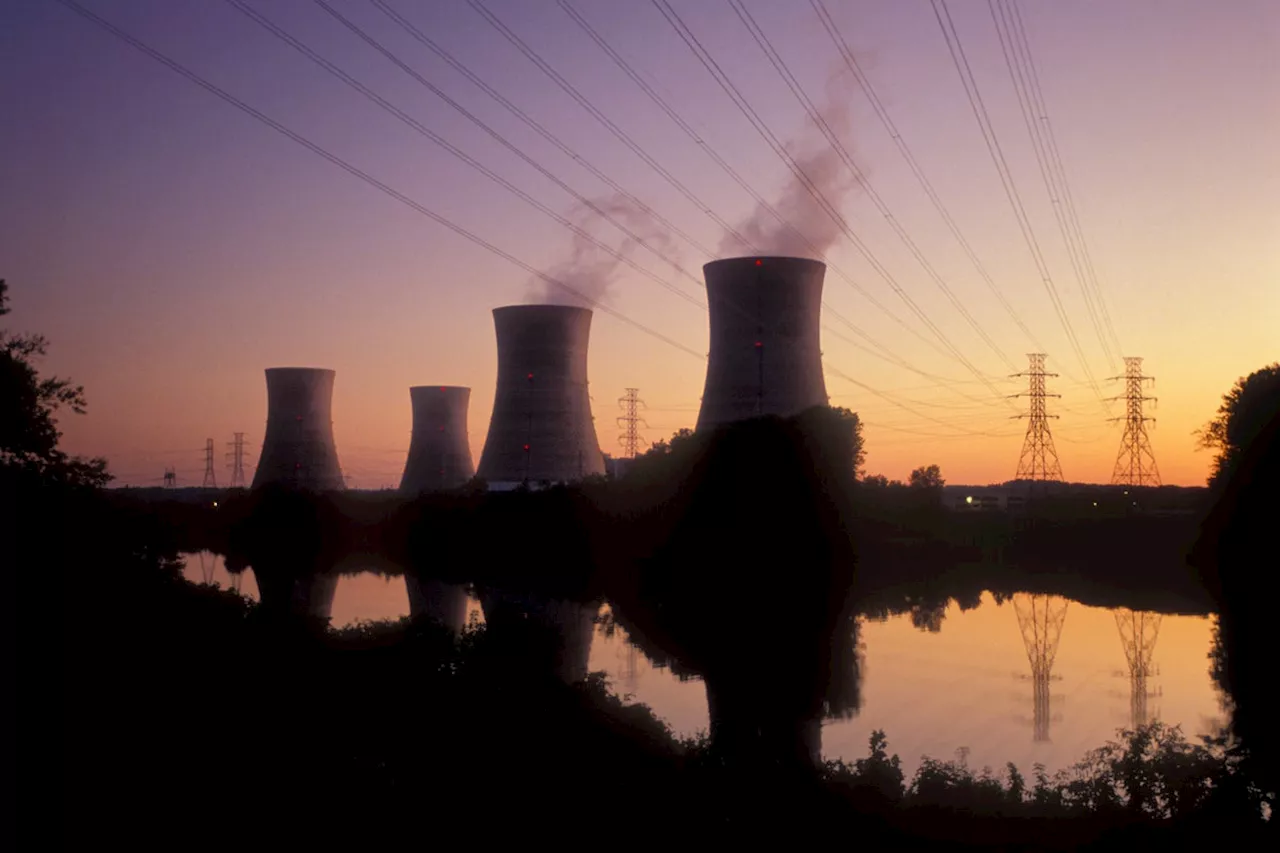 AI’s Energy Demands Threaten a Nuclear Waste NightmareReviving nuclear power plants to power AI threatens an avalanche of nuclear waste
AI’s Energy Demands Threaten a Nuclear Waste NightmareReviving nuclear power plants to power AI threatens an avalanche of nuclear waste
Read more »
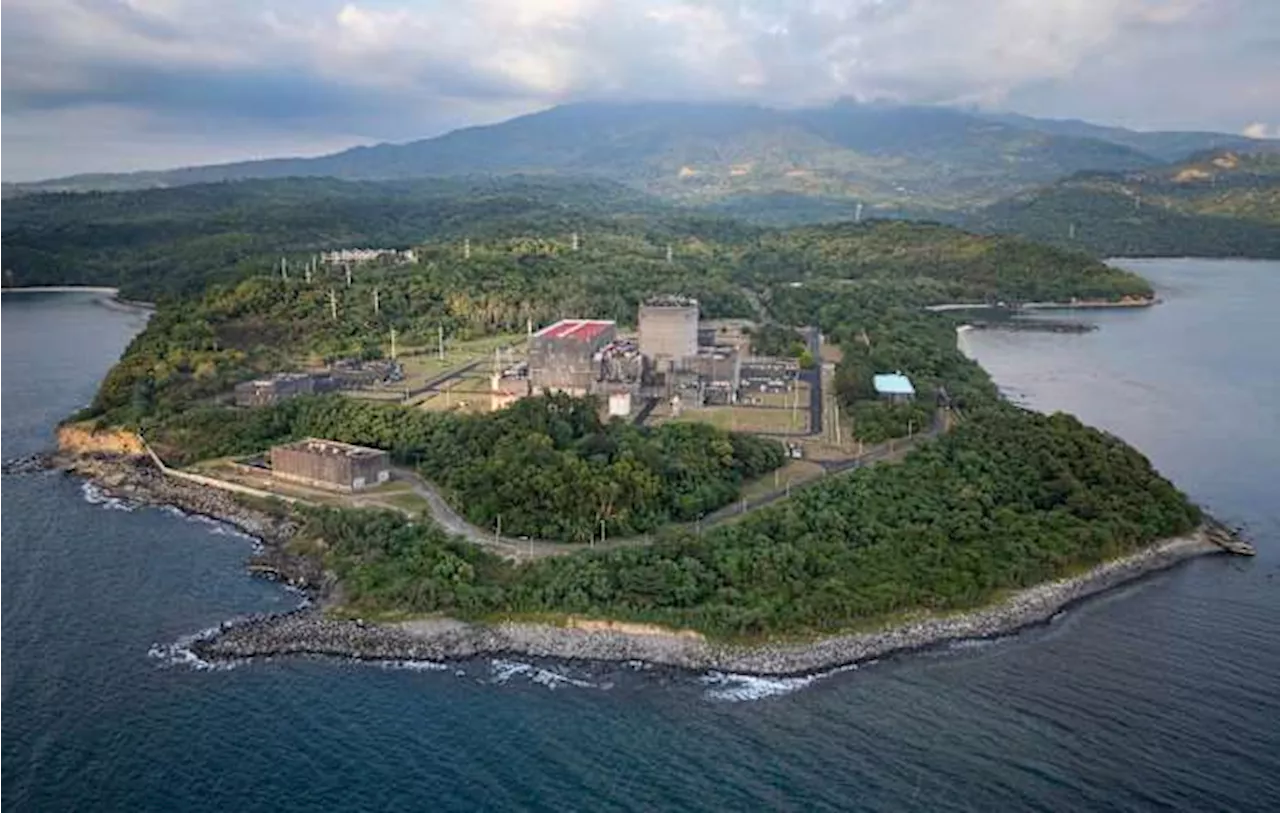 Southeast Asia Turns to Nuclear Power for Clean EnergySoutheast Asia is exploring nuclear power as a clean and reliable energy source. The Philippines, Vietnam, Malaysia, and other nations are considering nuclear plants to meet growing energy demand and combat climate change. Despite the high costs and construction time, international financing is becoming more available, and technological advancements are making nuclear power safer and more efficient.
Southeast Asia Turns to Nuclear Power for Clean EnergySoutheast Asia is exploring nuclear power as a clean and reliable energy source. The Philippines, Vietnam, Malaysia, and other nations are considering nuclear plants to meet growing energy demand and combat climate change. Despite the high costs and construction time, international financing is becoming more available, and technological advancements are making nuclear power safer and more efficient.
Read more »
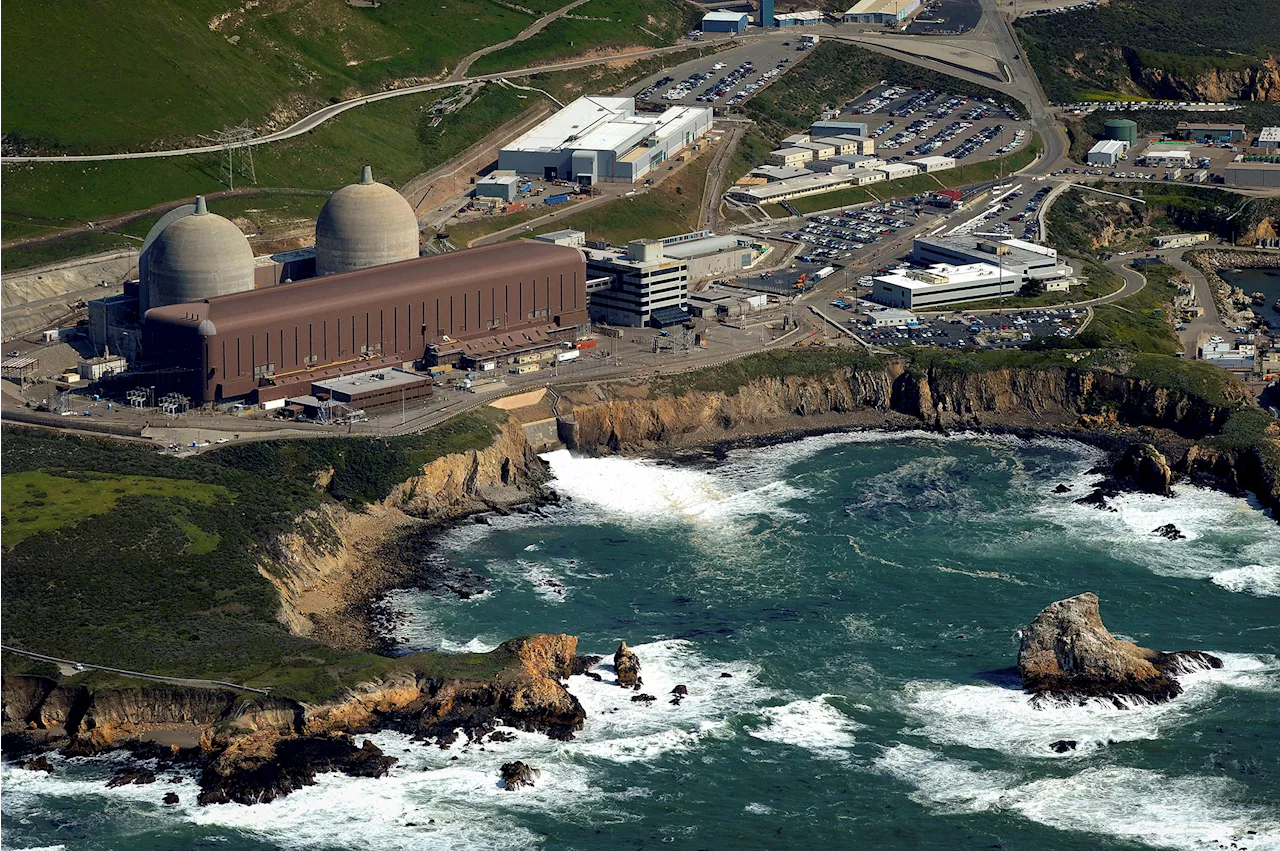 California Reconsiders Nuclear Power Amidst AI's Energy DemandsFacing a surge in energy needs from the tech sector, particularly artificial intelligence (AI), California lawmakers are exploring the potential of reviving nuclear power. This includes potentially extending the lifespan of the Diablo Canyon nuclear power plant and considering exemptions to the state's moratorium on new nuclear plants. The rapid growth of AI, which is energy-intensive, poses a challenge to California's climate goals. State officials are now weighing the pros and cons of nuclear power, influenced by both the state's Big Tech companies and recent federal investments in nuclear energy.
California Reconsiders Nuclear Power Amidst AI's Energy DemandsFacing a surge in energy needs from the tech sector, particularly artificial intelligence (AI), California lawmakers are exploring the potential of reviving nuclear power. This includes potentially extending the lifespan of the Diablo Canyon nuclear power plant and considering exemptions to the state's moratorium on new nuclear plants. The rapid growth of AI, which is energy-intensive, poses a challenge to California's climate goals. State officials are now weighing the pros and cons of nuclear power, influenced by both the state's Big Tech companies and recent federal investments in nuclear energy.
Read more »
 China Develops Potentially Devastating HPM Weapon with Nuclear-Level PowerChinese researchers have reportedly developed a high-power microwave (HPM) weapon with power comparable to a nuclear explosion, raising concerns about its potential impact on military operations and global security.
China Develops Potentially Devastating HPM Weapon with Nuclear-Level PowerChinese researchers have reportedly developed a high-power microwave (HPM) weapon with power comparable to a nuclear explosion, raising concerns about its potential impact on military operations and global security.
Read more »
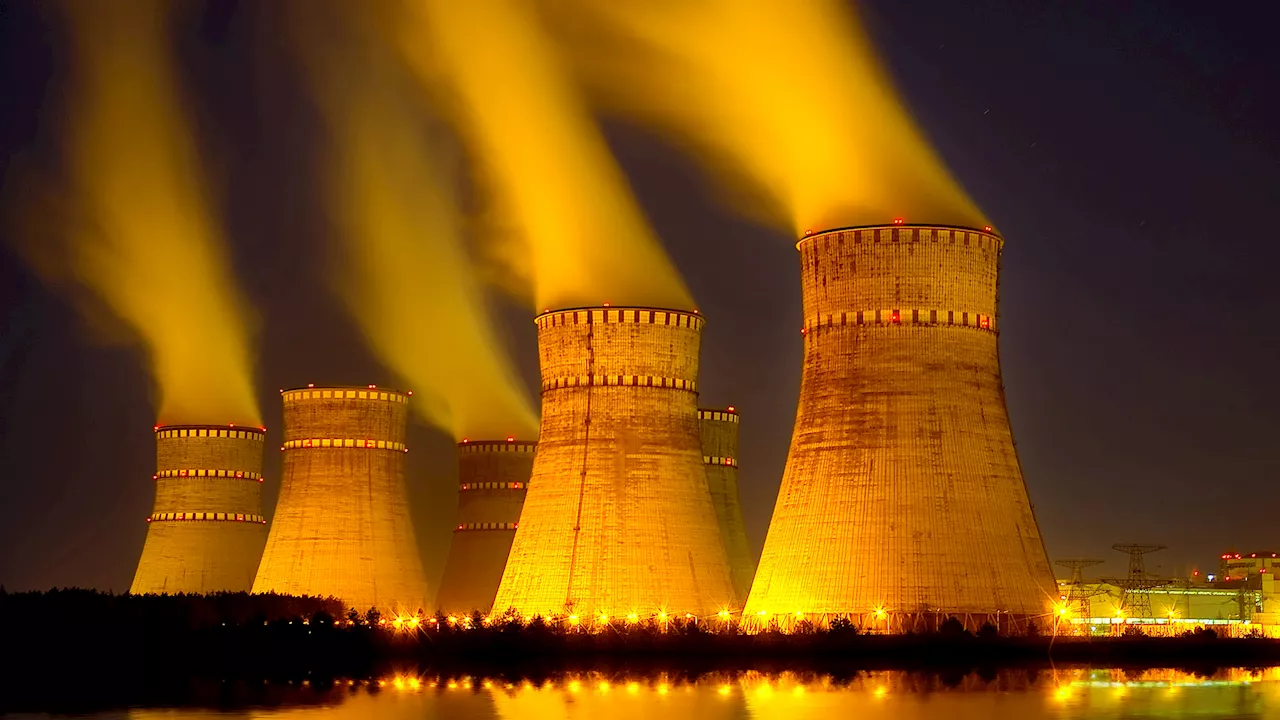 Will the world fall in love with nuclear power once more?Environmental journalist Marco Visscher talks about his new book on the rise, fall, and return of nuclear.
Will the world fall in love with nuclear power once more?Environmental journalist Marco Visscher talks about his new book on the rise, fall, and return of nuclear.
Read more »
